As April 15 rapidly approaches, harried American taxpayers need some bit of good news, so I am glad to be the messenger of good tidings–even before expected budget cuts attributable to the recent sequester, the number of IRS audits that individual taxpayers were involved in decreased in fiscal year 2012 over the previous year.
In 2012, the IRS reported that there were 1,481,966 income tax audits of individual taxpayers. That sounds like a lot, I know, but it is 5.3% fewer audits than the previous year, even though there were 1.8% more tax returns filed.
The number of face-to-face IRS audits dropped significantly, down 8.5% from the previous year, totaling 358,435 audits.
Correspondence audits continue to account for the bulk of IRS audits. In fiscal year 2012, there were 1,123,531 correspondence audits–quite a few, but still 4.2% fewer than in 2011.
So what are your general chances of being audited? Based strictly on the number of returns and the number of audits, any one return stands about a 1% chance of an audit. Of course, some returns are more likely to be audited than others, but the statistical probability of an IRS audit remains quite low.
If you are audited, the odds are strongly in favor that it will be a correspondence audit–a flurry of letters between the IRS and you. Over the past 20 years, while the number of in-person audits has dropped, the number of correspondence audits has tripled in number.
It seems likely that the trend in favor of correspondence audit will continue, especially given the lower cost of reaching out and touching taxpayers through the mail is less costly than those old-fashioned face-to-face audits.
Just remember, if you receive an audit letter from the IRS, take it seriously and do not ignore it. If you think you would benefit from professional advice and assistance, contact a tax professional immediately. Wishing or hoping that an IRS audit will just go away on its own is a bad strategy.
